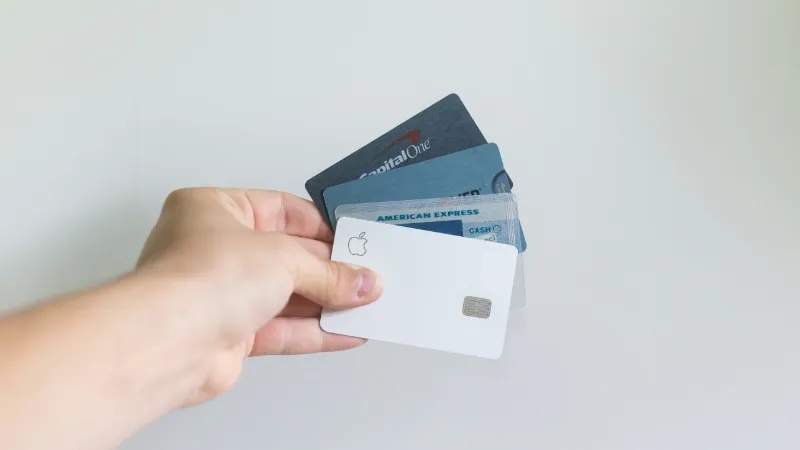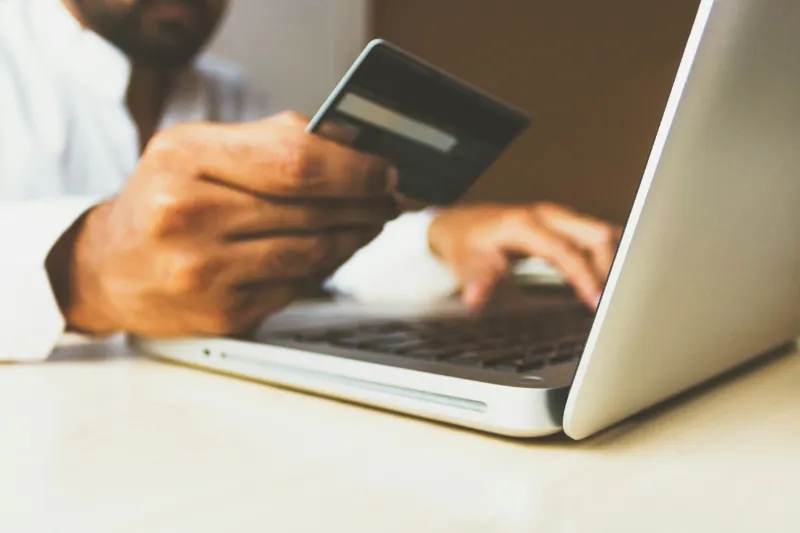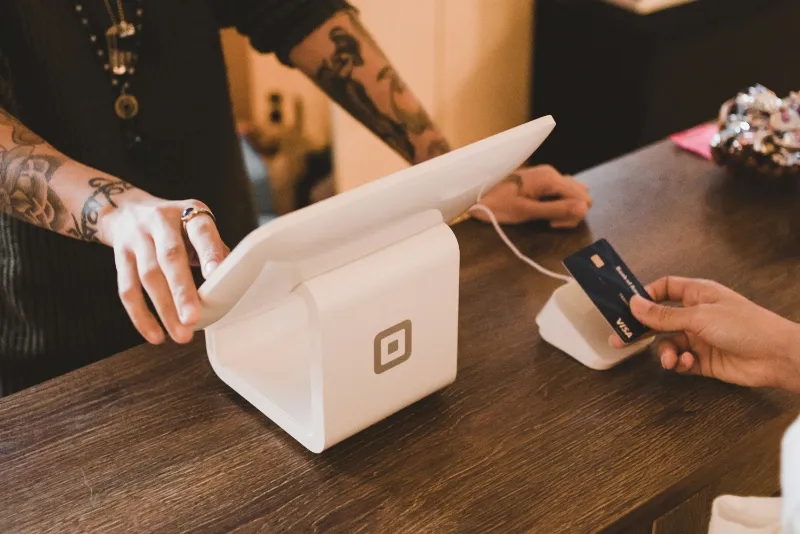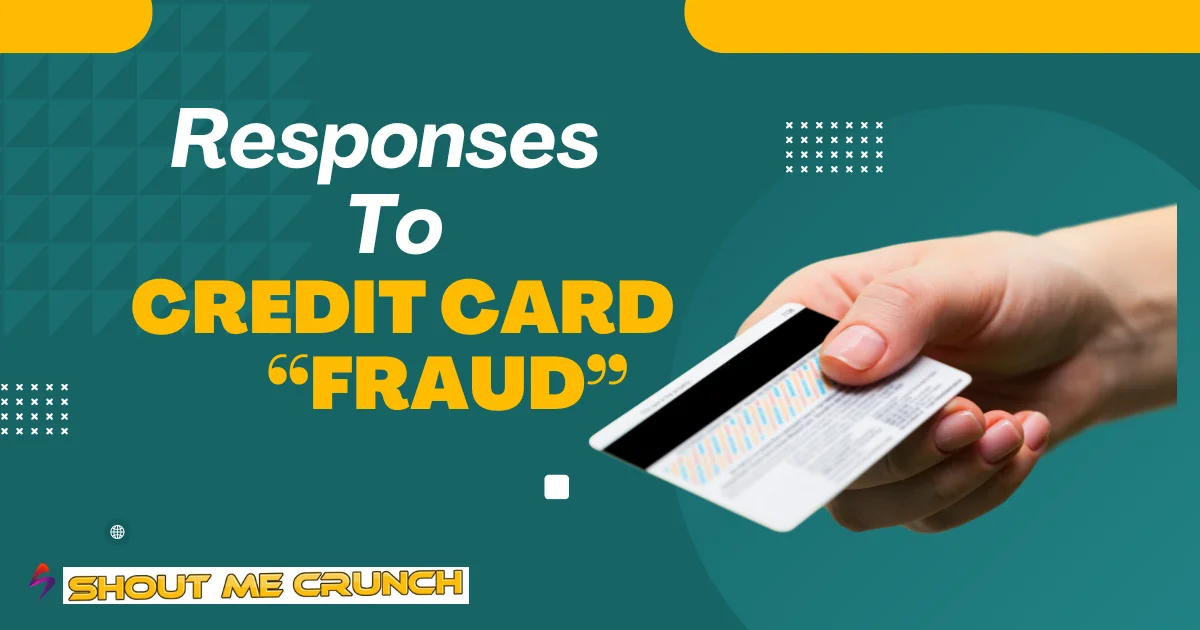In today’s digital world, credit card fraud is an unwelcome reality for many customers. Credit card fraud can occur at any time, whether through online hackers, ATM skimming devices, or unethical businesses. Sometimes, it may happen due to system loss. If you believe that your card has been compromised, you must take prompt steps to protect yourself. You have to be concerned about this danger. Here is a complete guide on responding to credit card fraud. We discuss how to protect your financial security. Let’s talk about this.
Understand Your Rights: Can Credit Card Companies Sue You?
One of the first issues when dealing with credit card fraud is the possibility of legal action from the card provider. Can a credit card company sue you? Of course, there is a logic to this question. Credit card companies have the power to take legal action against people who engage in illegal transactions. They often do not hold cardholders responsible for unlawful payments caused by fraud. In this case, cardholders are not accountable for the crime. According to federal law, consumers are not liable for unauthorized the card transactions provided they promptly report the fraud. They consider the matter to find actual fraud.

Taking Action: Responding to Credit Card Fraud
If you suspect your card fraud, act promptly and decisively to limit the potential damage. You have to take a fast-forward step for this. Follow this step-by-step approach for responding effectively:
1. Contact your credit card issuer immediately.
If you suspect fraudulent activity on your card, call your issuer immediately. Share the problem you are facing. Most credit card providers have a toll-free number. In this number, you may report suspected fraud 24 hours a day, seven days a week. This is a customer care service. You can avoid future unauthorized transactions by reporting the fraud as soon as possible. For this, your money will be safe. You can limit your exposure to any fraudulent charges.
2. Initiate a Fraud Investigation
After receiving your report, the credit card issuer will launch a fraud investigation to determine the legitimacy of your claim. They will try to solve your problem immediately. During this procedure, they may request further information or documentation to support your case. You have to make sure the information is correct. Be prepared to offer information about any questionable transactions, such as dates, hours, and amounts.
3. Lock your card.
To prevent further fraudulent use of your credit card, the issuer may choose to lock or freeze your card until the investigation is completed. Your account will be under the proper security system. This assures that no one else may make transactions or use your credit card while the fraud is being resolved. Be sure about this site.
4. Review Your Account Activity
While the credit card issuer investigates, you should closely monitor your account activity for any additional indicators of fraudulent activities. Regularly check your credit card statements and online account sites for illegal charges or questionable activities.

5. Follow Up Regularly
Maintain communication with your credit card issuer throughout the fraud investigation process. They try to give back your card within a short time. Follow up frequently to inquire about the status of your case and to supply any new information or evidence that has been requested. Give the correct information to find out your card fast.
6. Take preventive measures.
In addition to responding to credit card fraud, take proactive measures to avoid future incidences. This could involve regularly monitoring your credit report for any strange activity. You may take support from cyber by utilizing secure payment methods when making online transactions. Try to protect your personal and financial information from any dangers. Sometimes, your personal information is responsible for this.
Can Credit Card Fraud be Tracked?
Credit card fraud is not always as simple as catching the thief red-handed. Instead, investigators rely on the digital footprint left behind by each transaction. That is an easy way to solve the problem. This can include the place and time of purchase, the IP address, and even information on the device compared to a cardholder’s regular spending habits and location. When suspicious conduct is indicated, disparities can arise. Thus, they track the location of lost cards.

Furthermore, powerful data analytics can spot patterns the human eye may miss. It reveals trends and relationships between seemingly unrelated transactions. Cardholders, financial institutions, and advanced technology work together to detect fraudulent conduct and prevent future losses. That helps to find a lost card.
Why Credit Card Fraud Detection is Important?
Credit card fraud detection is an essential safety against financial instability for customers and institutions. When fraud continues unchecked, stolen card information can be used to incur significant charges. It is necessary to find the card anyway. That leaves consumers liable for disputed transactions and potentially harming their credit score.
Financial institutions risk substantial losses as a result of fraudulent actions. Effective detection methods serve as a safety net. That will help you find your card again. Detecting questionable transactions before they deplete accounts and reducing financial hardship. This protects not only individual clients but also the overall financial viability of the banking system. That’s why it is essential for us. Financial institutions may maintain consumer trust and secure their financial ecosystem by staying ahead of new fraud strategies with improved detection methods.
Who Pays When a Credit Card is Used Fraudulently?
The burden of fraudulent credit card charges is often absorbed by the issuing bank or the merchant rather than the cardholder. According to federal regulations, cardholder liability for illegal transactions is limited to $50. The authority may fix the amount. This sort of fraud influences those who bear the financial burden. The bank is frequently held liable for “card-present” fraud, which occurs when a physical card is taken and used. The bank pays the fine for the card.
Conversely, “card-not-present” fraud, such as online purchases made with stolen card information, may shift accountability to the retailer, particularly if they still need to implement secure payment mechanisms such as chip readers. They may come to an argument about paying the fine for the card. Finally, a complicated network of legislation and security procedures determines who bears the cost of unauthorized credit card use.
How to Avoid Credit Card Frauds?
Combating credit card fraud necessitates diligence on both your part and your banks. Staying aware of regular scams is critical. Phishing emails and bogus websites that imitate reputable organizations are a sneaky technique to get your credit card information. Scam email can easily hack your information.
When shopping online, be sure the website employs a secure connection (check for the padlock symbol and “https” in the URL). Be cautious when exchanging your card information. Be alert while opening any web link. Avoid using public Wi-Fi for financial activities. Only give out your PIN or card numbers over the phone if you initiated the contact.

Many banks provide fraud-prevention features such as transaction alerts and spending limits. That helps to protect your account from fraud. These can alert you to questionable activity and potentially stop fraudulent charges before they exhaust your account. Following these best practices and utilizing the information available will dramatically lower your risk of falling victim to card theft. By maintaining the rules, you can avoid fraud easily.
Conclusion
To summarize, responding to credit card fraud necessitates quick action. You should clear contact with your card issuer. Feel free to tell in detail them. You can protect yourself from financial loss and reduce the impact of fraudulent activity on your card account by promptly reporting suspected fraud. That starts a fraud investigation and the implementation of preventive measures. Remember to be cautious and proactive in monitoring your account for evidence of illegal activities. Do not hesitate to contact your card issuer for assistance if necessary. They are always ready to help them.


